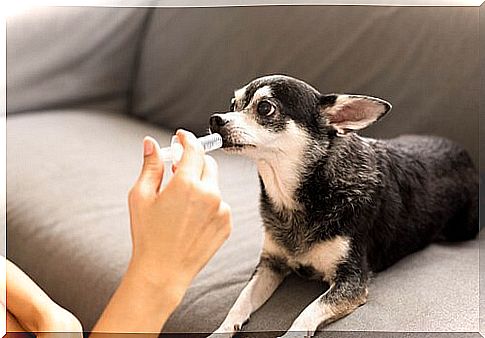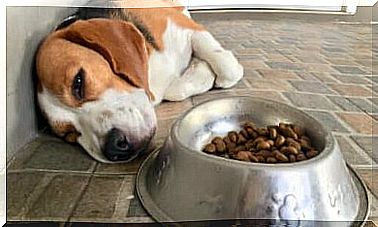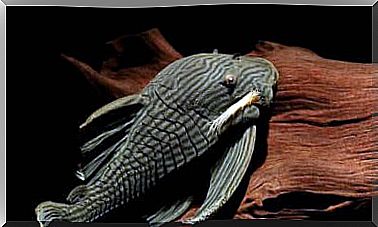Urinary Tract Infection In Dogs: Causes And Treatment

Urinary tract infection in dogs is more common than we think: it causes discomfort and pain in our pets ; especially in the kidneys and other areas of the urinary tract. Today, we’ll talk about causes, treatments, and also how you can tell if your dog is suffering from this condition.
Causes of Urinary Tract Infection in Dogs
Urinary tract infection in dogs can be caused by several reasons and; sometimes it may be developing without any visible symptoms. That’s why constant examinations will play a very important role; because that will determine if your dog has or is about to have it.
The most common causes of urinary tract infection in dogs are as follows:
- bacterial infections
- endocrine diseases
- Long-term administration of medications
- Accumulation of stones in the urethra
- fungal infections
- Urinary Tract Incontinence
- Trauma
- Cancer
- prostate disease
- Marrow or other congenital abnormality
Urinary Tract Infection Symptoms in Dogs
Urinary tract infection in dogs has a number of symptoms that can help you diagnose whether your dog suffers from it; in order to go to the vet as soon as possible to start the proper treatment. Even so, it may be the case that some specimens have asymptomatic infection, which will not show external signs.

Being aware of changes in our pet’s behavior or personality will be an essential step in helping him promptly. These are the most frequent signs of urinary tract infection in dogs:
- blood in urine
- Fever
- Urinary Tract Incontinence
- Increase in the amount or frequency of urination
- Obsessive licks on your genitals
- Strong smell of urine
- effort when urinating
- Weight loss
- Lethargy
- Pain when pressing the lower back
These symptoms are an alarm that something is not right in your dog’s urinary tract. Although the most common is that it is due to an infection; there could be another big problem, so don’t hesitate to get to the vet quickly.
Treatment of urinary tract infection in dogs
The veterinarian will determine the treatment, since, as we saw at the beginning, this infection can have different causes; and each of them will need a different treatment. The first thing the veterinarian will do is obtain a urine sample and analyze it.
The presence of white blood cells will determine that there is an infection caused by bacteria or stones in the urinary tract. Usually, this test is enough to diagnose your urinary tract infection and know how to treat it. If the dog has very severe symptoms, further tests can determine the extent of the disease.

Treatment will depend on the type of infection and its scope; but as a general rule, these are the most common:
- antibiotics
- Medicines
- Diet changes
- Increase water consumption
- Alkalizing or acidifying urine
- intravenous fluid therapy
- Surgery in the most serious cases
- Treat the underlying disease. Occasionally, a urinary tract infection in dogs can be caused by another illness, and by treating it, the infection will go away.
What can be done
Even if your dog has already been diagnosed with an infection and is receiving medical treatment, you can help make the process faster and easier for him. Here are some tips:
Keep clean and hygienic
This is vital because when there is an infection, it is much easier for dirt to affect the body and become a source of bacteria. And, on the other hand, if the dog suffers an infection and you don’t maintain hygiene at home, it can even infect you or your family.
Medicines
Remember to give medications on time, this will be a vital step in treating urinary tract infection in dogs. Of course, don’t give medications that haven’t been prescribed by the vet, or cut back on what he or she prescribed.
Clean water
Keep water your dog clean and fresh at all times, and keep an eye if they drink more than usual. If you notice that he hardly drinks, you can help with a syringe. Water is essential for this type of illness, especially when it affects the kidneys.
avoid squeezing it
The infection will cause discomfort in various parts of your body. So this is not the best time to squeeze and hug him. Relax, he knows you love him.
Don’t worry, a urinary tract infection in dogs is common and rarely has complications. It’s easy to put these tips into practice and with them you can do a lot for your pet.









